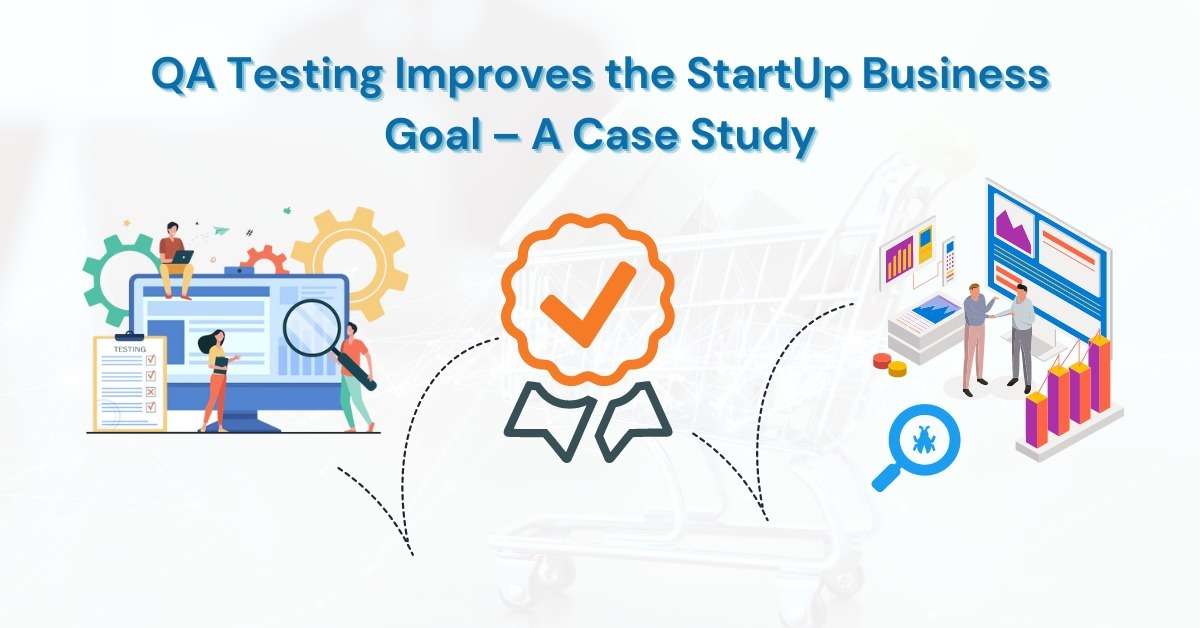Highlight the analytical strengths, problem-solving skills, and execution discipline that engineers bring to startups — with real-world case studies.
It’s Time to Break the Silence
When people think “startup founder,” they often imagine charismatic visionaries, bold marketers, or finance whizzes with a dream. But behind some of the most successful startups? Engineers. Quietly, consistently, and powerfully—engineers are building companies that reshape industries.
And it’s not just because they can code. It’s because they bring a unique mindset that’s tailor-made for the messy, unpredictable world of entrepreneurship.
The Hidden Advantages Engineers Have in Startups
Engineers aren’t just problem solvers — they’re systems thinkers. They don’t just spot inefficiencies; they design entire infrastructures to fix them. When an engineer launches a startup, they're already wired to think in frameworks, break complex challenges into solvable parts, and optimize relentlessly.
What gives them a silent edge:
- Comfort with complexity
- Deep focus and execution discipline
- High tolerance for failure and iteration
- A “test and learn” approach to everything
These aren’t just nice-to-have traits — they’re startup superpowers.


Analytical Thinking and Iterative Testing
Startups aren’t born perfect. They evolve. And engineers are hardwired for iteration.
Whether it's debugging a software system or refining a business model, engineers instinctively:
- Analyze feedback loops
- Measure performance against KPIs
- Adapt based on data, not ego
This makes them ideal founders in lean startup environments, where hypotheses must be tested quickly and cost-effectively. Engineers bring the discipline of controlled experimentation, which helps ideas evolve into viable, scalable products.
Real-World Case Studies: Engineer-Led Success Stories
Let’s take it from theory to reality. Here are just a few engineers-turned-founders who didn’t just launch startups — they built empires:
- Elon Musk — With degrees in physics and economics, Musk applied engineering thinking to build Zip2, PayPal, Tesla, SpaceX, and more.
- Reed Hastings — A software engineer who co-founded Netflix and rewrote how we consume media.
- Susan Wojcicki — While not an engineer by degree, she led product and innovation at Google before becoming YouTube CEO — known for her systematic, data-driven leadership style.
- Drew Houston — Built Dropbox as an MIT computer science student, solving a personal problem and scaling it into a billion-dollar business.
These founders didn’t just create cool tech — they mastered market dynamics, scaled teams, and architected growth. That’s engineering, applied to business.
→ Want more like this? Read our startup spotlight on engineer-led ventures.
But Let’s Be Real: Tech Skills Alone Aren’t Enough
Engineering gives you the foundation — but scaling a company requires new muscles:
- Leadership & people skills — Hiring, culture-building, and motivating beyond logic
- Marketing & communication — Simplifying complex ideas for investors and customers
- Vision casting — Thinking beyond features and into future outcomes
Many engineer-founders hit a wall when they realize great code doesn’t sell itself. The good news? These skills can be learned — just like any new system or language.
→ Not sure where to start? Check out Where’s My Niche? Discovery Workbook to build a clear founder foundation, coming soon to Amazon.
How to Transition from Builder to Leader
Your hands-on skills got you here. But your leadership will take you further.
To make the leap from engineer to CEO, shift from doing to directing:
- Delegate with documentation (engineers already love precision!)
- Lead with clarity, not control
- Think in terms of systems and people
This is where the founder mindset clicks in: from technician to visionary. And yes, you already have the wiring to make that jump.
Take the Quiz
Wondering if you’re ready to make the leap from builder to boss?
Take our quick quiz: Do You Have the Founder Mindset?
Are you wired to build, lead, and scale?
Take this quick quiz to discover your entrepreneurial strengths, growth edges, and how well your mindset aligns with successful founders. Based on startup psychology and real-world founder traits — it's fast, insightful, and action-driven.
It’ll reveal your strengths, growth areas, and give you tailored next steps to go from idea to execution — with your engineering edge fully intact.
Case Study
Biobot Analytics: Transforming Public Health Through Engineering Innovation
Biobot Analytics, founded by engineers from MIT, exemplifies how technical expertise can drive groundbreaking solutions in public health. The company developed technology to analyze wastewater, enabling the monitoring of disease spread within communities. This approach provided a novel method for tracking public health trends, particularly during the COVID-19 pandemic. By leveraging engineering principles, Biobot Analytics created a scalable solution that offered real-time insights into community health, demonstrating the profound impact engineers can have when they apply their skills beyond traditional boundaries. MIT Department of Mechanical Engineering
Source: MIT News











